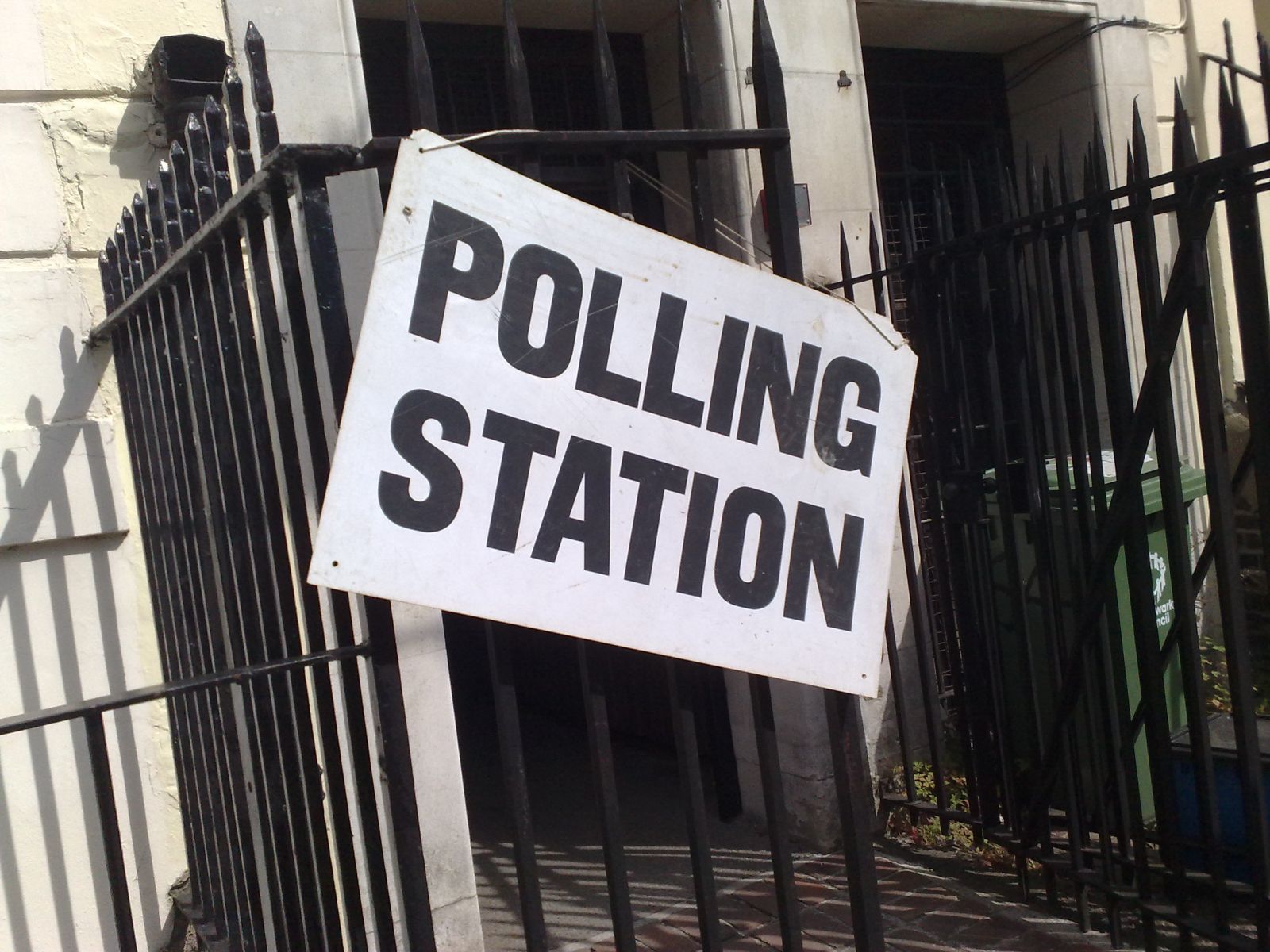Tweet this article | Follow us on Twitter | Share this on Facebook | Like our Facebook page

1) First, we would do something very radical and address the purposes of education. The two main planks of this would be: to produce workers with the skills the economy needs, rather than pluck ideological nostrums out of the 1950s and then shove them down everybody’s throats; and to create individuals with the critical and creative skills to enrich their economic, cultural and social lives. This approaches education from two different directions – the country’s needs and the individual’s needs. They needn’t be opposing ideological poles, as they are so often presented. Other policies follow from this orientation.
2) We’ve got more than enough lawyers, bankers, insurance clerks, media wannabes and estate agents. As an economy, we can only survive by generating high-end scientific, technical and creative products and services, so we need a massive turn in schools towards technical, scientific and artistic skills. We also need parity between academic and technical/vocational education. In short, we would introduce large aspects of the Tomlinson Report (sabotaged by Blair), and we would support Tech Bacc and the Technical Institutes being pushed by Labour (their only real policy).
3) We would recognise that less and less of the population will be occupied in low and even medium skilled jobs, as technology – and in particular, robotics – takes over. We would therefore have a major turn towards creative arts, so that small-scale, fee-earning productions and the number of national and international quality artists are increased, along with their earnings for the economy. Arts Colleges, swept aside by comprehensivisation (along with Technical Colleges), will be re-introduced.